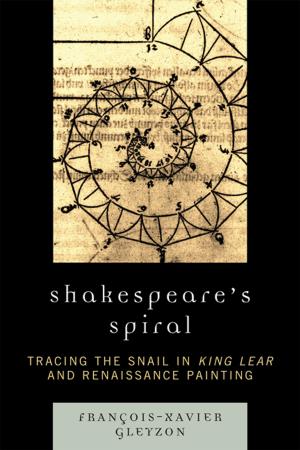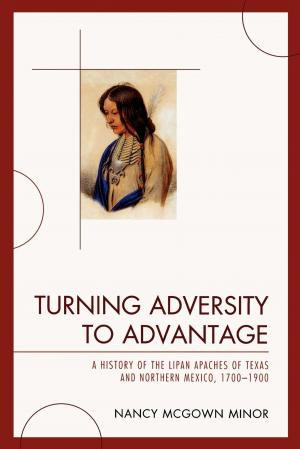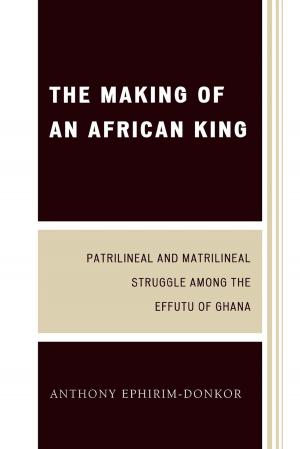The Great CoMission
Making Sense of Making Disciples
Nonfiction, Religion & Spirituality, Inspiration & Meditation, Discipleship, Christianity, Evangelism, Christian Life| Author: | Brooks St. Clair Morton | ISBN: | 9780761860198 |
| Publisher: | UPA | Publication: | November 2, 2012 |
| Imprint: | UPA | Language: | English |
| Author: | Brooks St. Clair Morton |
| ISBN: | 9780761860198 |
| Publisher: | UPA |
| Publication: | November 2, 2012 |
| Imprint: | UPA |
| Language: | English |
This book presupposes that pastors and seminarians deeply desire to answer the question of all questions: how do I make disciples of Jesus Christ? The Great CoMission: Making Sense of Making Disciples is a helpful guide for pastors in the field, yet “meaty” enough for seminarians in the classroom. In The Great CoMission, readers will encounter useful principles for discipleship and solid biblical theology for ministry. This unique book approaches the Great Commission from a rite-of-passage framework, therefore allowing for serious consideration of the internal mechanisms of Matthew 28:16-20 by focusing on the relationship between initiation, instruction, and Jesus’ promise to be with the church to the end of the age. Morton writes from a Wesleyan, cross-cultural, and missiological perspective, avoiding the popular method of using the Great Commission merely as a holy launching pad for retelling the story of a mega church.
This book presupposes that pastors and seminarians deeply desire to answer the question of all questions: how do I make disciples of Jesus Christ? The Great CoMission: Making Sense of Making Disciples is a helpful guide for pastors in the field, yet “meaty” enough for seminarians in the classroom. In The Great CoMission, readers will encounter useful principles for discipleship and solid biblical theology for ministry. This unique book approaches the Great Commission from a rite-of-passage framework, therefore allowing for serious consideration of the internal mechanisms of Matthew 28:16-20 by focusing on the relationship between initiation, instruction, and Jesus’ promise to be with the church to the end of the age. Morton writes from a Wesleyan, cross-cultural, and missiological perspective, avoiding the popular method of using the Great Commission merely as a holy launching pad for retelling the story of a mega church.















